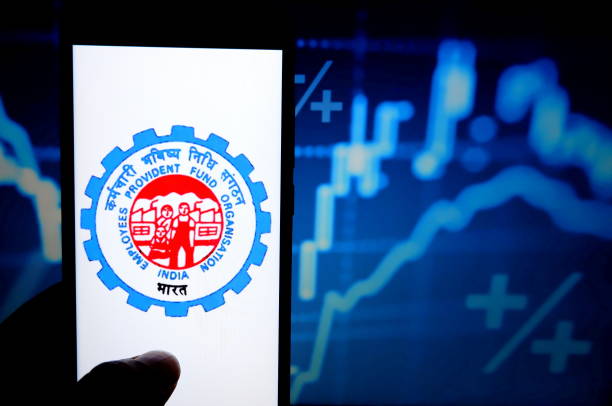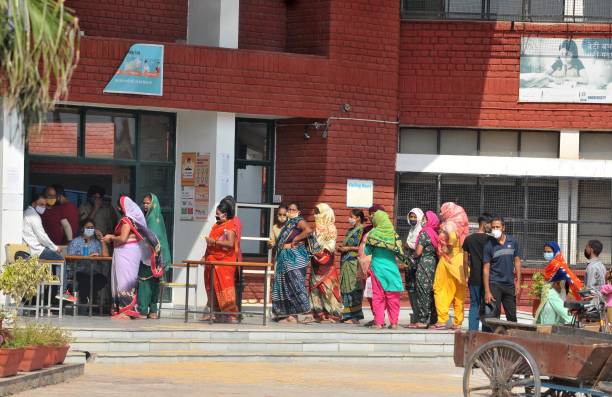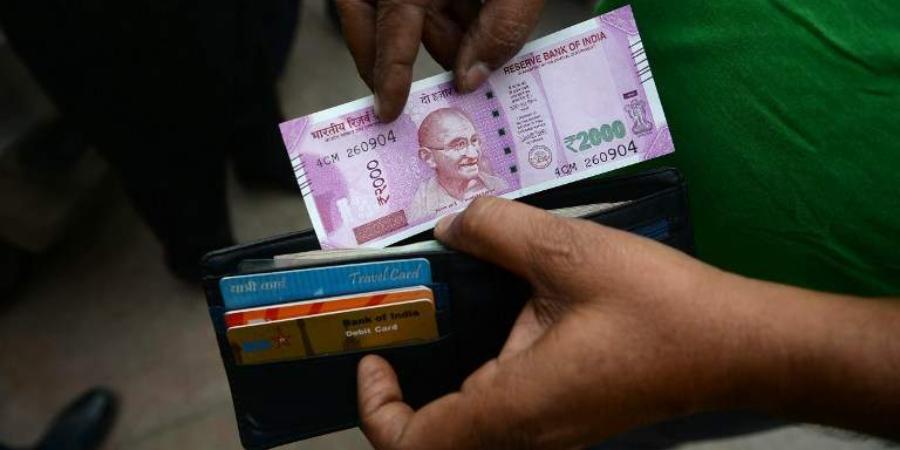In the midst of an ongoing second wave of a novel coronavirus, the Labour Ministry announced a series of initiatives under the EPFO programs on Sunday to ease the fear and stress of bereaved families.

According to a statement from the ministry, the Centre’s social security cover is ” it is sought to be offered to the workers without any additional cost to the employer.”
Employees’ State Insurance Corporation (ESIC) pension coverage has been extended to all registered dependents of those who died as a result of Covid-19. It has also reaffirmed the expansion of insurance coverage under the Employees’ Deposit-Linked Insurance (EDLI) program for members of the Employees’ Provident Fund Organisation (EPFO).
ESIC scheme:
Before we get into the current benefits issued by the government under the ESCI scheme, let’s take a look at the detailed history of the ESCI scheme.
Members of the Employee State Insurance Corporation Scheme are financially insured in the case of an unforeseen health-related catastrophe. The ESIC scheme is a self-financed comprehensive social security scheme designed to protect employees from financial hardship stemming from illnesses, disabilities, or death caused by work-related injuries.
Back then, the people of India were still significantly reliant on a wide range of imported products and services at a period when the industry was still in its infancy. These products and services were produced in either developed or developing countries. As a self-sufficient country, India began to build the working class sector to ensure that manufacturing and labor jobs stayed in the nation.
In the country, a workforce was emerging, determined to make sure that India’s industry began to flourish and prosper. The Employees’ State Insurance Act, 1948, was implemented by the government to guarantee that these workers were covered in terms of health and money (ESI Act). It was the first important act of legislation aimed at ensuring employees’ social security.
Benefits of ESIC scheme:
Regardless of whether the organization has 10 or more employees, all employees are included under the ESIC scheme. Benefits under this scheme are divided into two categories: cash benefits which include sickness, maternity, temporary and permanent disablement, funeral costs, rehabilitation allowance, vocational rehabilitation, and medical bonus while non-cash benefits which include medical care.
Furthermore, ESIC pension coverage has been extended to all registered dependents of those who have died as a result of Covid-19. According to the existing rules, all immediate family members of these people will be eligible for a pension equal to 90% of the employee’s average daily pay.
The Insured person must have been registered on the ESIC website at least three months before the diagnosis of COVID-19. Secondly, the Insured individual must have been employed for wages and contributions for at least 78 days before testing positive for Covid. This benefit will be available retrospectively with effect from March 24 last year till March 24, 2022.
EPFO-EDLI:
The Employees’ Provident Fund Organisation (EPFO) is one of the largest social security organizations in the world that offer retirement fund and insure Universal Social Security Coverage to all paid employees in India on a required basis.
Employees Deposit Linked Insurance Scheme, or EDLI, is a type of insurance given by the EPFO for paid employees in the private sector.
During the period of service, the registered nominee receives a lump-sum payment in the case of the death of the individual insured. All organizations registered under the Employees Provident Fund and Miscellaneous Provisions Act, 1952, are subjected to EDLI. All of these businesses must join the system and provide life insurance to their employees. This plan operates in tandem with EPF and EPS. The amount of the benefit is determined by the employee’s most recent pay.
Benefits under EPFO and EDLI scheme:
Benefits under EPFO and EDLI scheme will provide much-needed support to the subscribers and their families, while protecting them from financial hardships. Let’s understand these measures in details.

Under the EPFO’s EDLI scheme, all surviving immediate family members of EPFO are eligible to receive EDLI benefits in the event of the member’s death.
The maximum insurance benefit under EPFO-EDLI has been enhanced to Rs 7 lakh which was previously Rs 6 lakh. The provision of a Rs 2.5 lakh minimum insurance benefit has been reinstated, and it will be effective retroactively from February 15 of last year for the next three years.
Sickness benefit of 70 percent of wages for 91 days in a year is paid if the worker falls sick and fails to attend office.
The government has modified key qualifying criteria for employees, rendering compensation accessible to the relatives of employees who may have changed occupations in the one-year period before their death. In the next three years from 2021-2024, the actuary estimates that eligible family members will get an additional benefit of Rs. 2185 crore from the EDLI fund.
This is a beneficial change not only because the gross pay has increased, but also because it may be utilized regardless of changes in the work. This provides financial help to the families of departed members.
The number of claims on an account of deaths under the plan is predicted to be around 50,000 families per year including the increase in claims considering the estimated death of about 10,000 workers, which may occur due to Covid.
Non-refundable withdrawals of up to 75 percent of the remaining credit in the member’s EPF account and dearness allowances (which form basic wages) are allowed under this provision.
It will aid contract and casual workers who have been missing out on benefits due to the requirement of working for a year in the same place. On the other hand, those who are not covered by the ESI and EPF schemes and do not have any source of income remain vulnerable.
References:
Image Source:
Getty Images





















































































